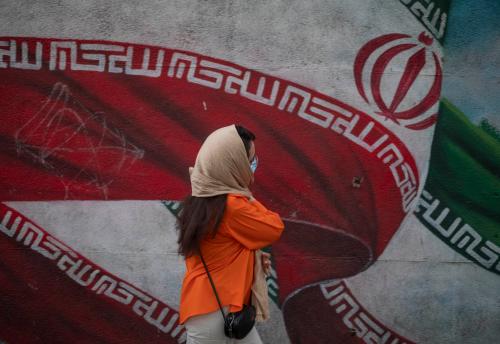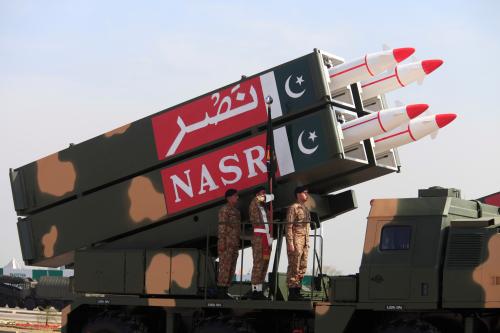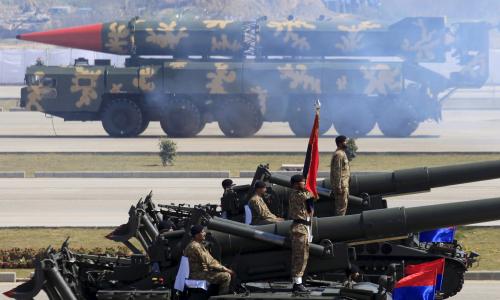On the eve of the G8 foreign ministers meeting in Italy al Qaeda has provided a dramatic reminder of what is at stake in the war in Afghanistan and Pakistan. In an interview this week with al Jazirah, Mustafa abu al Yazid, a longtime Egyptian al Qaeda operative who identifies himself as the supervisor general of al Qaeda in Afghanistan, predicts that the jihadists and their allies in the Afghan and Pakistani Taliban will take over both countries. When they do Yazid says they will then use Pakistan’s nuclear arsenal “against the Americans.”
Yazid’s comments underscore the fact that the jihadists in South Asia increasingly smell blood in the water and believe victory in within their reach. They know they face weak governments in Kabul and Islamabad. They know the metrics point toward greater instability in both countries. In the first week of June there were more than 400 incidents of violence in Afghanistan, the highest weekly toll since 2001. In Pakistan the number of terrorist incidents doubled in 2008 from the previous year and the pace in 2009 is even faster. Al Qaeda and the Taliban also know that polls in Western Europe and North America show increasing war weariness with the NATO effort and growing opposition to the war. If NATO casualties rise this year as more American troops arrive, the jihadists expect more calls for bringing the troops home.
Usama bin Laden and his gang have long focused on the Pakistani arsenal as a key objective. In 1998 bin Laden sent a congratulations message to the Pakistani people after Pakistan tested its nuclear weapons saying the Pakistani arsenal was critical to countering the nuclear weapons of Israel and America. In a message earlier this month bin Laden, like Yazid, forecast the defeat of Pakistan’s army in the Swat Valley and then all of Pakistan. Again like Yazid, bin Laden said the jihadists must gain control of Pakistan’s nuclear weapons to prevent them from falling into the hands of America, India and Israel.
The foreign ministers in Trieste will need to be clear and unequivocal – they will provide the resources necessary to defeat al Qaeda and the Taliban in south Asia. For seven years the effort to defeat the enemy has been under resourced. Only this year have we understood that Afghanistan and Pakistan are one theater of war, a fact bin Laden has understood since the 1980s, which must be a top global priority. We do not have the luxury of further neglect. Al Qaeda has told us clearly what the consequences of defeat are – nuclear Armageddon.
The Brookings Institution is committed to quality, independence, and impact.
We are supported by a diverse array of funders. In line with our values and policies, each Brookings publication represents the sole views of its author(s).



Commentary
Op-edTrieste, Al Qaeda and the Stakes in Afghanistan and Pakistan
June 24, 2009